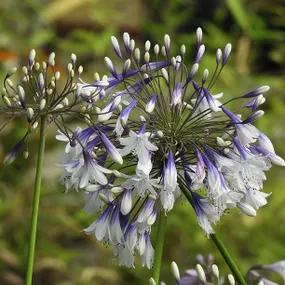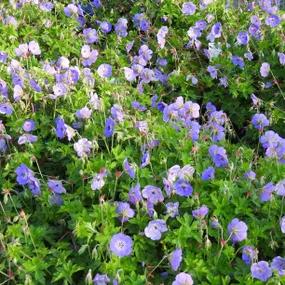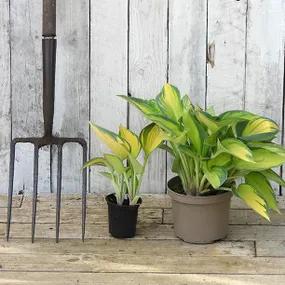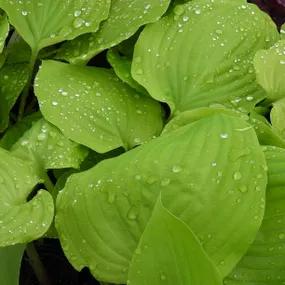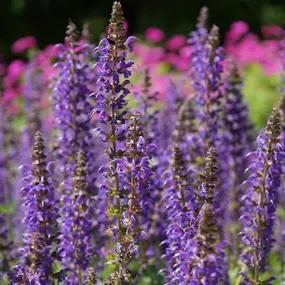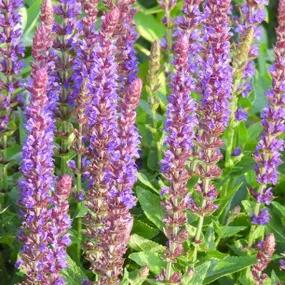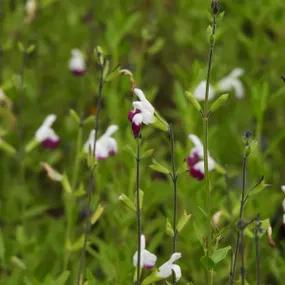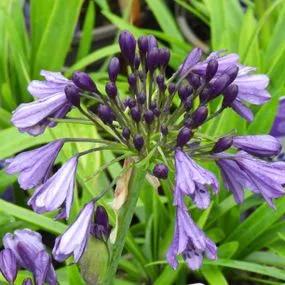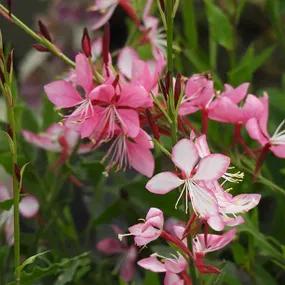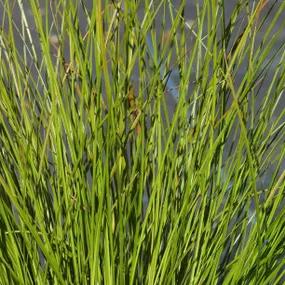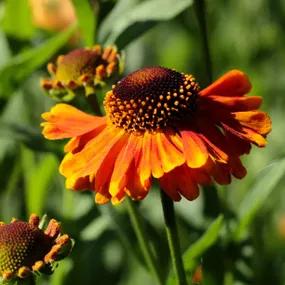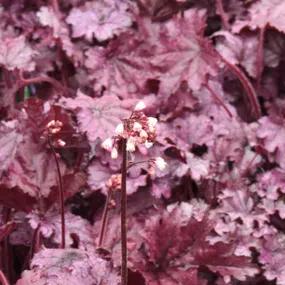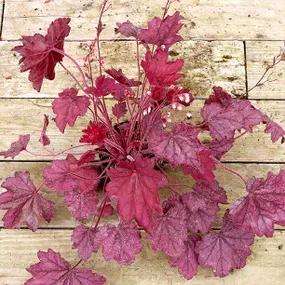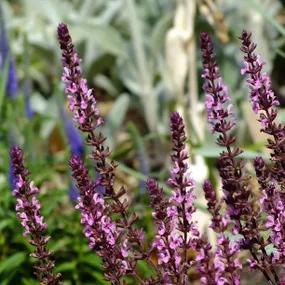Order Perennials Now For June Delivery
- Order now, pay later: we don't charge your card until before delivery
- When your order is ready: your mail order hedge plants are delivered by next working day courier (not the next working day after ordering!)
- Friendly support: if there is anything wrong with your plants when you inspect them, Contact Us within 5 working days
- UK Grown: using peat free compost
FAQ
- What are perennial plants?
- When is the best time to plant perennials, and what is "half-hardy"?
- When & How to Divide Herbaceous Perennial Clumps
Which perennials should I choose?
Our herbaceous perennial collections of eight plants give you a bit of a surprise, the best value, and are tailored to fill a number of garden design roles.
Agapanthus and heucheras are both bushy evergreens, the former is less hardy and has showier flowers, the latter is hardier with nicer leaves.
Salvia is a flexible, tough plant that loves poor dry-ish soil and is superb for bringing in the bees and butterflies.
Lupins are some of the world's funkiest looking flowers: the taller ones are good anywhere in the border, and the smaller ones are also excellent in patio pots.
Hostas are reliable and versatile, crossing between dry shade and wet soil in full sun.




